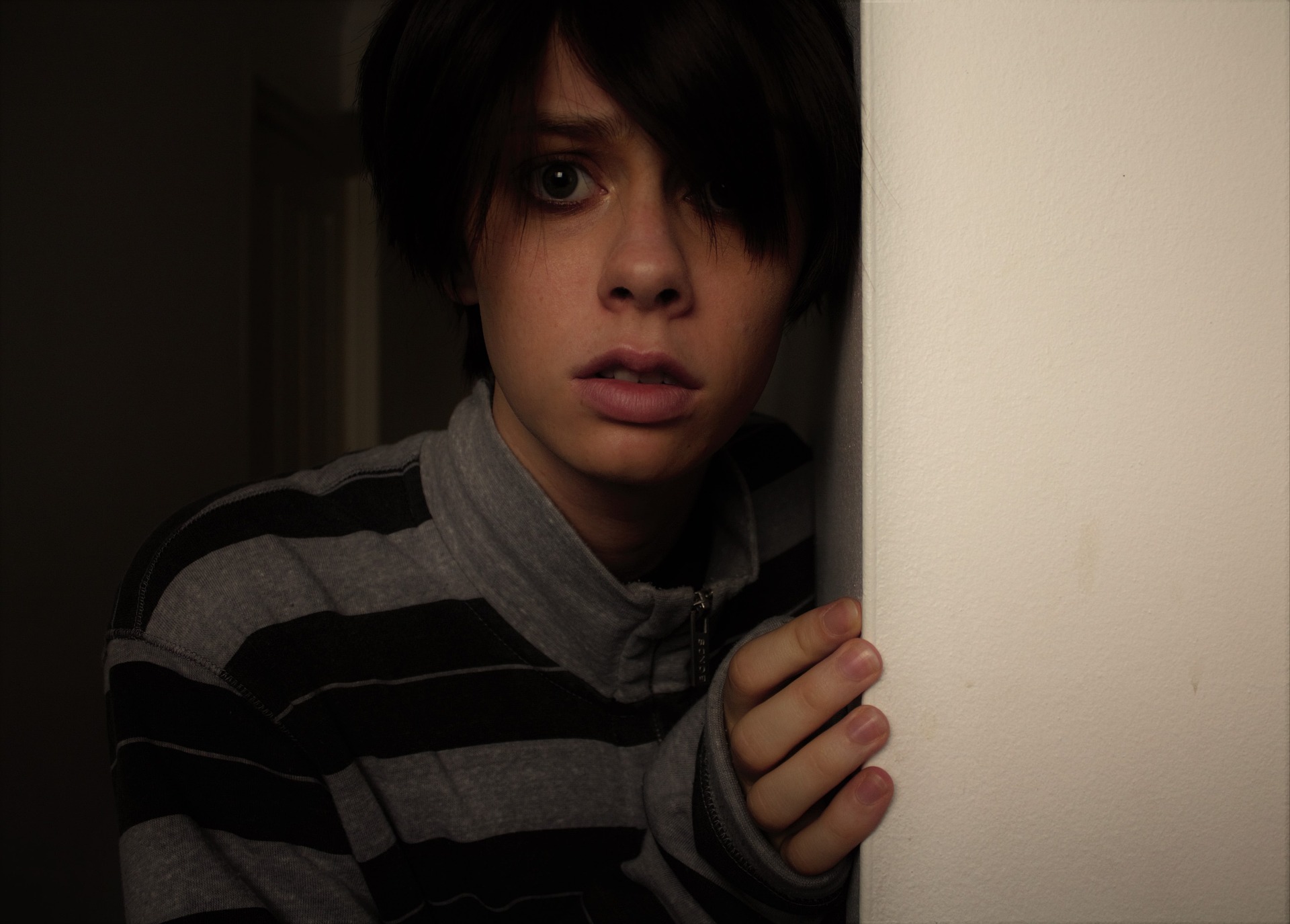The reality of a mental health issue can be complicated – and determining whether or not an emotion merits concern can be confusing. At what point does sadness become depression, or moments of fear become anxiety? For someone wrestling with these questions, the decision to seek counseling or not is an important one.
Changes in thoughts, moods, or behaviors may disrupt relationships or careers if they become too overwhelming. A mental health condition could be at fault if these impairments linger for more than two weeks. While feeling sadness or anxiety does not necessarily translate to a mental health issue, if these emotions become extreme and pervasive, you may need to seek help. If you aren’t sure where to begin, you can reach out to your physician, a trusted friend or loved one, or a mental health counselor.
Symptoms of a Mental Health Issue
Mental health symptoms may include intense anxiety, hopelessness, or drug and alcohol abuse – but many warning signs could manifest. These may include the following:
- Apathy concerning things that used to bring joy
- Episodes of uncontrollable crying
- Reduced overall motivation
- Loss of ability to focus or concentrate
- Marked changes in eating behaviors or sleeping patterns
- An inability to face normal daily activities
- More anxiety than appropriate toward everyday events or situations
- Overwhelming feelings of hopelessness
- Rapid personality changes with no discernible cause
- Obsessive thoughts about specific ideas or memories
- Profound sadness that lingers for longer than two weeks
- Suicidal thoughts
- Thoughts of self-harm
- Drug or alcohol abuse/prescription drug abuse
- Volatile mood swings
- Violent, angry, or aggressive behavior
- Auditory or visual hallucinations
If you are experiencing any of the above symptoms, call a mental health professional for a consultation. While there is no one test to diagnose mental illness, they can help you to determine the best course of action.
Important: If you have suicidal thoughts, call 911 or a suicide hotline immediately.
What is Involved in Mental Health Treatment?
The appropriate treatment for a mental health disorder will depend on the type and severity of the specific condition. Your medical doctor may prescribe medication or refer you to a mental health counselor (or both.)
Although rare, if the situation merits more intensive care, your doctor may suggest a hospital stay or in-patient treatment.
The specific method of treatment will differ based on the situation. After all, conquering intense fear or phobia will require a different approach than battling depressive thoughts. But regardless of the issue, mental health treatment will typically involve learning new skills to retrain your brain to act and think more appropriately.
A mental health counselor may also assist in developing needed life skills, understanding how to manage thoughts and emotions, creating a healthy diet and exercise routine, or establishing a new support community.
Participation is Key
Just as it is essential to take any medications as prescribed, it is vital for you to follow your therapist’s instructions. Recovering from mental illness is a joint effort between the patient and the professional. Committing to the process and participating in a meaningful way makes the road to recovery easier.
Active participation involves:
- not missing any sessions
- being open and honest with your counselor
- “doing the work” between appointments.
If you are ready to discover how you can be freed from your mental health issues, call Denise Schonwald today. Denise is a nationally certified mental health counselor who works with patients across the country to conquer their fears, address their vulnerabilities and cultivate a positive way of life.
Ready to get started? Take our assessment quiz to determine where to begin.

